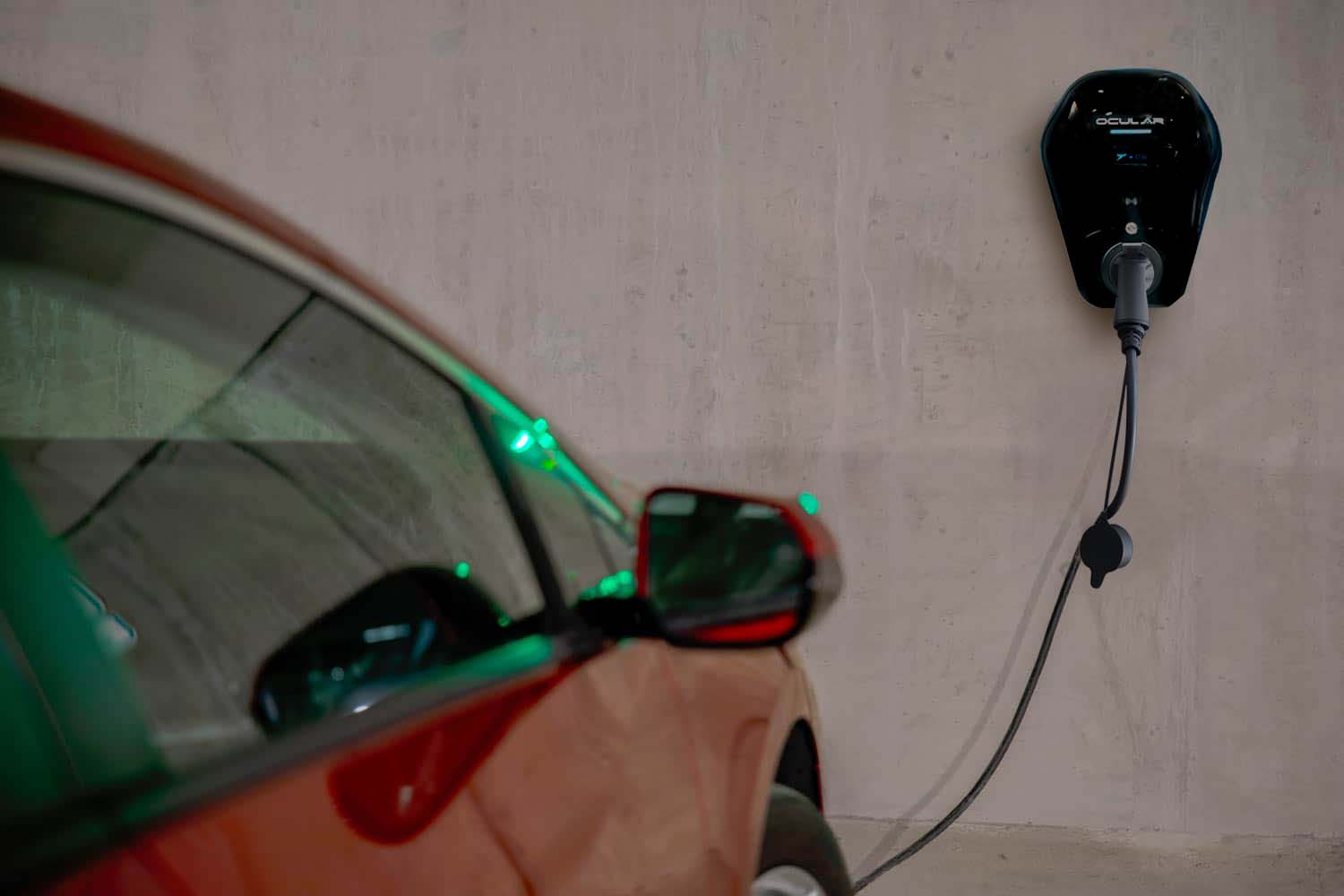Importance of EV Charger Load Management

What is Load Management and Why is it an important feature of EV Charging in Commercial, Workplace or Apartments
Electric Vehicles (EVs) will be the future of transport all over the world. However, questions about these loads have been rising in recent years, especially regarding the power needed to charge these vehicles and the demand that these will place on the Australian electrical grid.
Power capacity needed for an EV charging system is the biggest obstacle preventing the development of EV charging industry. What a standard EV charger will do is simply draw power from the grid and charge the EV’s battery at a full load until it is full. This might result in a huge impact on the existing Australian electrical infrastructure if the number of operating ev chargers is enormous.
At Commercial Properties, charging multiple Electric Vehicles at their maximum power for a long period places a heavy burden on the electrical infrastructure (and the wallet of the property owner). Moreover, this system may require an upgrade of the electrical system in the building which becomes very expensive and therefore prohibitive to many customers. This is where EVSE Load Management has been created to solve this problem.
What is Load Management
Load management involves strategically balancing electricity distribution to protect property electrical infrastructure whilst optimising charging efficiency. It plays a crucial role in maintaining the safety and reliability of the network while ensuring efficient operation.
Load Management simply means that users can specify the amount of power used for charging EVs. If the power demanded by the charging system exceeds the power supply from the grid, the controller of the system, with Load Management-enabled, will re-calculate and modify the available at each charging point of the system.
For example:
From the power source, the available Current used for a 32A, 3.6kW charger is 40A
- If there is 1 vehicle presented, then it can charge at 32A
- If there are 2 vehicles presented, then each car is charged at 20A
- If there are 3 vehicles presented, then each car is charged at 13.33A
- If there are 4 vehicles presented, then each car is charged at 10 A
This ensures that the EV charging system will not exceed limited power set up by the building’s owner. Therefore, the risk of any damage to the expensive electrical infrastructure is totally eliminated.
Advanced Load Management Capabilites are central to most of our Ocular chargers
Load Management can be static or active:
Static Load Management:
Static load management represents the fundamental approach to load management, where EV chargers are constrained by a predetermined power limit shared among all chargers within the system, evenly distributing the load among active chargers. This system is integrated into the charger itself, either through pre-programmed settings on the Ocular charger or regulated via OCPP software.
Active Load Management:
Active management necessitates switchboard upgrades. Operating under a power load limit, this method dynamically adjusts to real-time energy usage at the site. As a building’s energy demand fluctuates, the load management system actively adapts, allocating power to chargers based on available capacity. During peak consumption, charger power is reduced, and conversely increased during low-demand periods.
If the power consumption in the building decreases, then there is more electricity available to charge the electric cars. In contrast, if the power consumption in the building increases, then there is less electricity available to charge the electric cars.
Why Load Management is important to Commercial Properties:
At every Commercial Properties, a stable electrical power supply is compulsory. Nobody wants a sudden blackout due to an overload of the power system.
As mentioned before, each individual EV charger consumes a large amount of energy during its operation. A system with 10 EV chargers operating simultaneously could result in blackout or worse, the corruption of the electrical infrastructure in the building if the electrical draw surpasses the available supply.
Therefore, Load Management can be considered as a means of protection for the electrical system of the building with the EV charging system.
The benefits of Load Management in a Commercial property can be listed as:
- Protecting the property’s electrical Infrastructure
- Eliminating the risk of overloading
- Ensuring efficient operation for all EV chargers within limited power sources.
- Saving cost for upgrading electrical infrastructure
- Saving cost of electricity bill
For more information on our Ocular Chargers which have advanced load management features that can save you both time and stress, then chat with our team of EV experts today. We have solutions for all Electric vehicles (EV’s) across Australia including Hyundai Ioniq, Hyundai Kona, Nissan Leaf, Mitsubishi Outlander PHEV, BMW i3, Tesla Model S, Tesla Model 3, Tesla Model X, Renault Zoe and Renault Kangooo ZE and all others.
Learn more about our load management capabilities here.
Have any questions? Contact us:
1300 406 210


